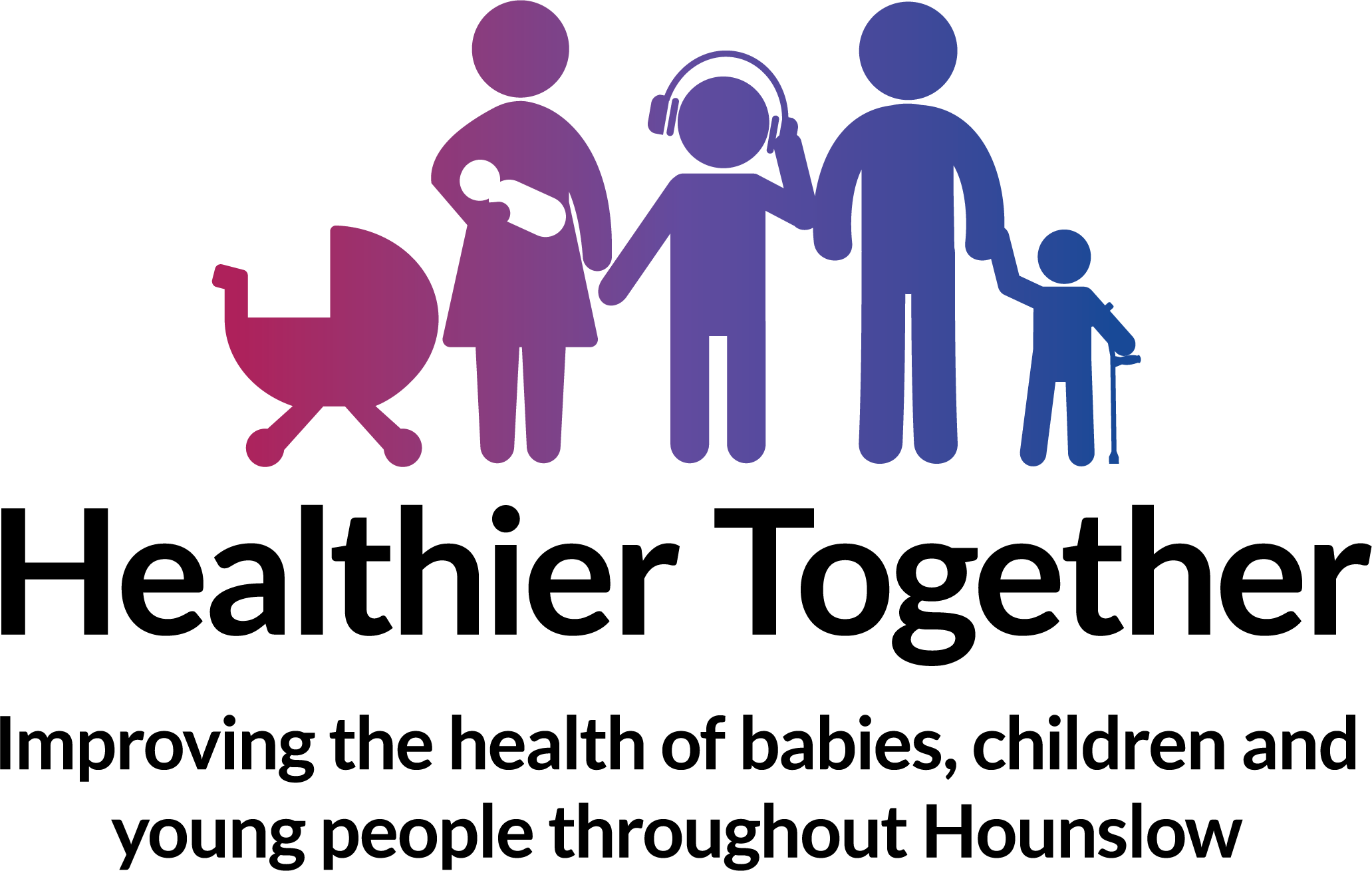Flu is more severe in pregnant women than in non-pregnant
women. It has the ability to cause:
Worsening of pre-existing health conditions, such as asthma, bronchitis, pneumonia, sepsis (blood poisoning), hospitalisation, death (rarely).
Your risk of is higher if you also have one or more other
known risk factors such as asthma or diabetes.
Will my baby
benefit from me having the flu vaccine?
Yes.
If you receive the flu vaccine, you are less likely to catch
flu and develop some of the associated complications. If you reduce your chance of catching flu,
you also reduce the chance of miscarriage, stillbirth, premature labour and the
risk of having a poorly grown baby as a result of flu.
Flu can be really a serious illness in new-born babies and
the only way to protect them is to get vaccinated yourself when you are
pregnant. Following vaccination, your
baby will directly receive some of your newly made antibodies through the
placenta which will offer them protection against the same four flu strains for
at least the first 8 weeks of their life following birth. Some studies show babies can even be
protected from flu for up to 6 months.
There is also another level of protection. By protecting yourself against flu, you are
reducing the chance of catching flu and therefore reducing the chance of
passing it on to your new-born baby.
When can I receive
the flu vaccine?
Pregnant women should aim to have the flu vaccine as soon as
possible in pregnancy from the beginning of September until the end of
March. This may be right at the
beginning of pregnancy, if you find out you are pregnant in the winter months,
or towards the end of your pregnancy if you fell pregnant in the spring/summer
months.
Sometimes you may be offered two flu vaccines in your
pregnancy, if you have fallen pregnant at the end of one flu season and are
still pregnant in September when the next flu season begins. This will cover you for both seasons of flu.
Is the flu vaccine
safe in pregnancy?
It is not uncommon to worry about the decision to have
vaccinations in pregnancy and health professionals understand that you need to
have as much information before you make a decision to have a vaccination while
pregnant.
Pregnant women have been included in the flu vaccination
programme since 2010 following a flu epidemic that caused an increased in the number
of deaths. Since its introduction, the
flu vaccine has been given to millions of pregnant women across the UK.
Data from over 11 million women who have received the flu
vaccine in pregnancy show that, apart from mild pain at the site of the
injection, there is no evidence of an increased risk of birth defects or
stillbirths.
Although possible, the risk of a severe allergic reaction
(also known as anaphylaxis) is extremely low.
All medicines and food ingested, injected or applied to the skin have a
risk of causing this type of allergic reaction.
Anaphylaxis is different from less severe allergic reactions because it
causes life-threatening breathing and/or circulation problems. It is always extremely serious but all health
care workers providing vaccines know how to treat this should it occur. The risk of a severe allergic reaction
following an immunisation is around 1 in 900,000.
There is no risk of catching flu from receiving the flu
vaccine. The vaccination provided has
been deactivated (killed). Your immune
system is likely to be very slightly weaker for 1-2 weeks while your body
builds the protection against flu, so you are slightly more susceptible to
picking up other bacterial/viral infections in this time should you come in
contact with them.
Does the flu
vaccine work in pregnancy?
The flu vaccine is the best way of protecting yourself
against the virus during pregnancy.
Currently the vaccine is thought to be around 60-70% effective for
pregnant women and near 90% effective for babies born from vaccinated mothers.
Women vaccinated in pregnancy more than halve the risk of
developing flu in pregnancy.
The flu vaccine reduces the risk of women having a premature
baby by more than two thirds.
The flu vaccination, if given to pregnant women, has been
shown to reduce the chance of babies being admitted to hospital with flu.
What side effects
may I experience?
It is important to know that you cannot catch flu from having the flu vaccine. Most people do not even feel any side effects
following a vaccine however for those that do you could expect the following:
Common – Discomfort, swelling or
redness to site of injection
Unlikely – Headaches, shivering,
mild fever or slight muscle aches
Extremely Rare – severe allergic
reaction
If the side effects are bothering you, paracetamol should
help relieve some of the symptoms.



